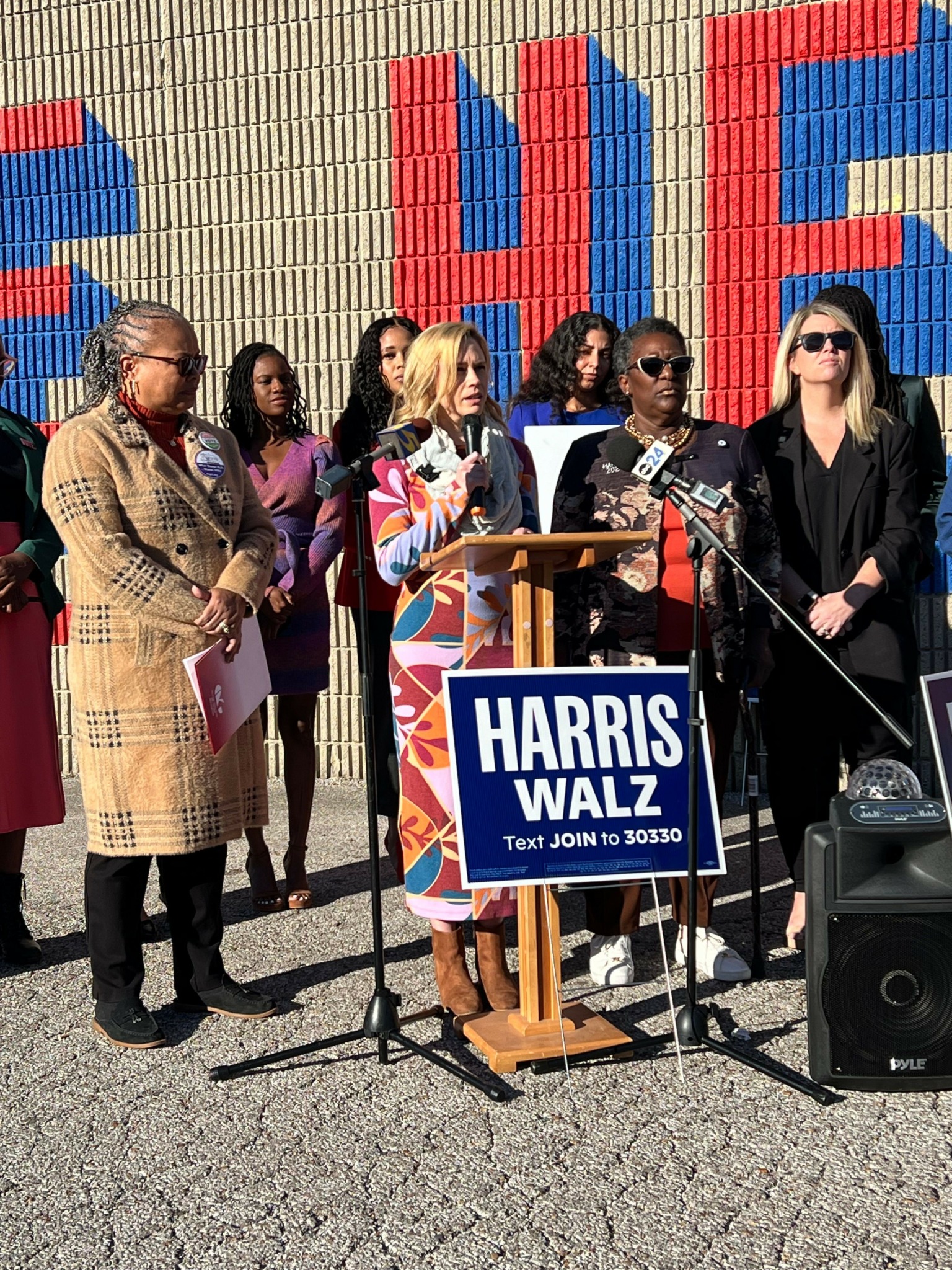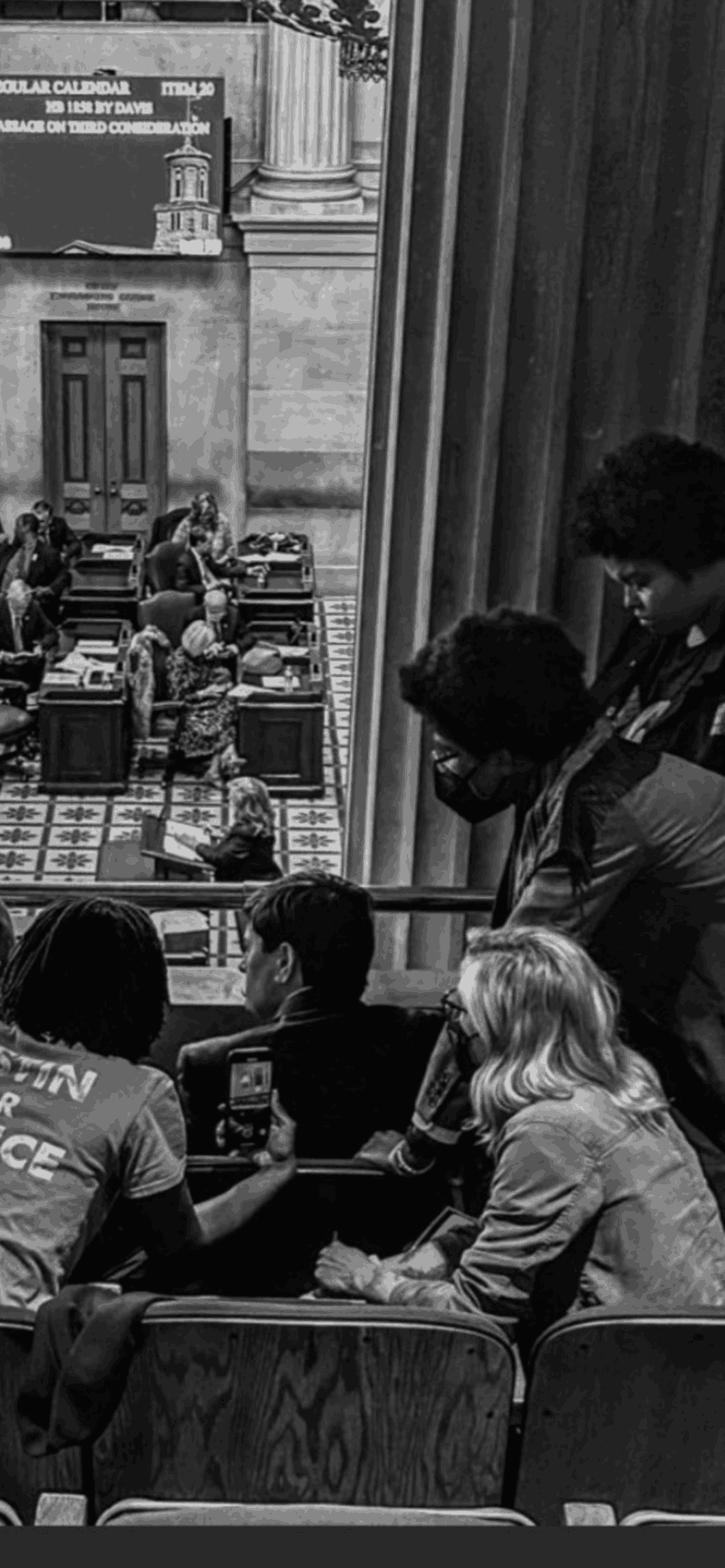Alright – so today we’ve got the honor of introducing you to Alex Hensley. We think you’ll enjoy our conversation, we’ve shared it below.
Alex, thanks for taking the time to share your stories with us today One of the things we most admire about small businesses is their ability to diverge from the corporate/industry standard. Is there something that you or your brand do that differs from the industry standard? We’d love to hear about it as well as any stories you might have that illustrate how or why this difference matters.
Yes, my coaching program, the Strategy Studio, is unique in that it focuses on progressive advocacy, a community centered-model. and well-being.
I don’t see a lot of coaches that train and provide strategy for changemakers working to advance social, economic, and environmental/climate justice. There are plenty of coaches and consultants that focus on inclusivity in corporate spaces, but few that I know of that are geared towards equipping grassroots leaders in communities. This is a powerful space to create because it’s not going to be corporations that shift our world towards justice–it’s going to be people with lived experience and those that are most proximate to the issues.
Additionally, my course emphasizes community-centered efforts rather than the typical focus on individualism in coaching. While typical coaching might address maintaining relationships, my coaching program takes it a step further to not only improve your relationships but to build power for social change through your network. Throughout my course, we also talk about community care and how we can fill the gaps for each other where the systems fail us. This approach recognizes the inherently political nature of our connections.
Lastly, well-being is a core component of my coaching. Though there is an overabundance of well-being coaches, I’ve never found any specifically for advocates. In the advocacy space, it’s becoming a more urgent conversation because of compounding injustices and several years of a highly polarized political environment. There’s also a persistent belief that advocates have to sacrifice themselves for the cause, but I aim to help advocates unlearn this mindset and cultivate a healthier orientation to advocacy.
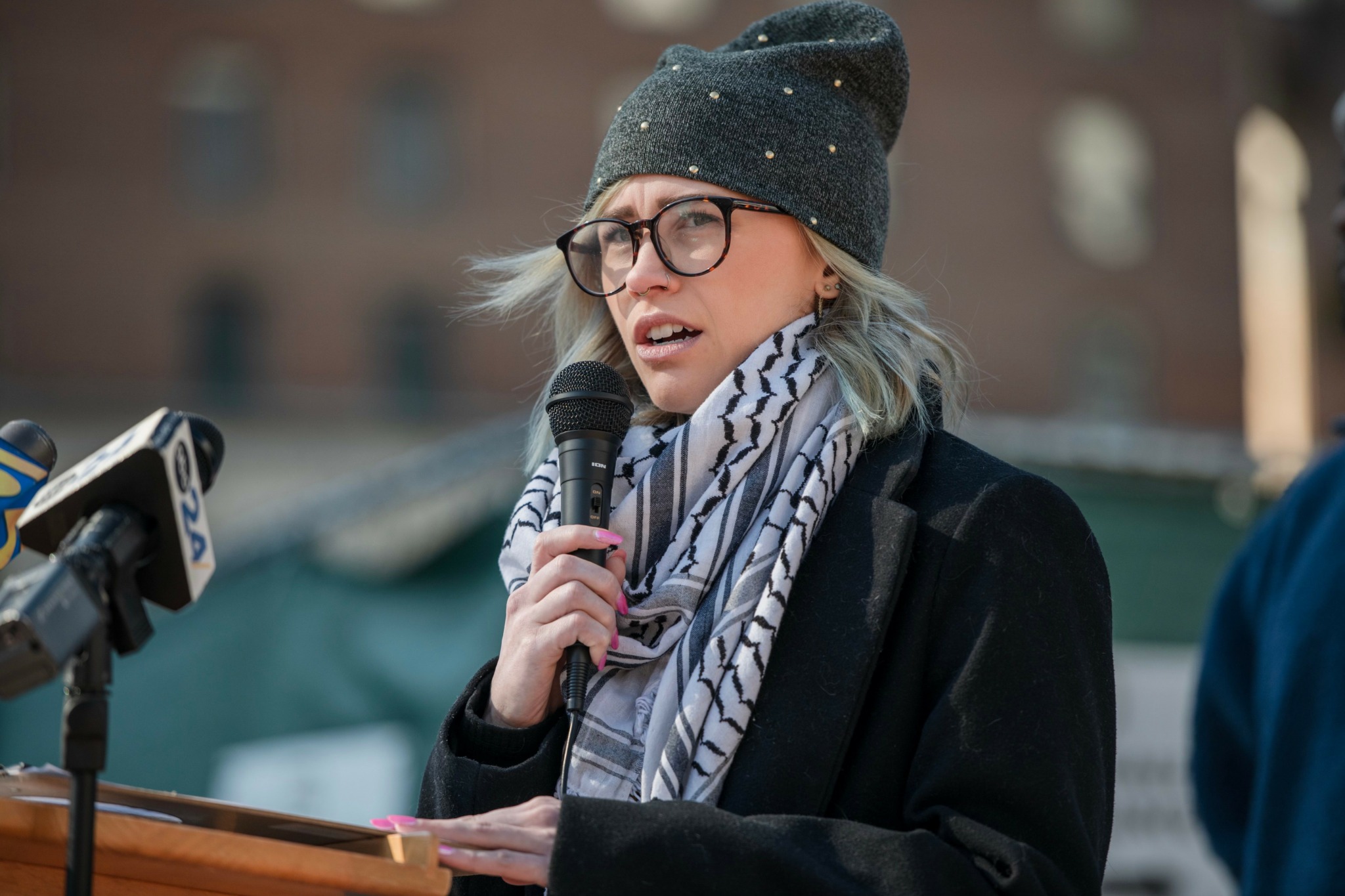
Great, appreciate you sharing that with us. Before we ask you to share more of your insights, can you take a moment to introduce yourself and how you got to where you are today to our readers.
I moved to Memphis 7 years ago because I was activated by the death of Mike Brown in Ferguson and wanted to get involved in activism. I saw a lot of good work happening here and I wasn’t sure exactly what I wanted to do, but I knew I wanted to learn from organizers here. After taking on several odd jobs just to get by, I landed a part-time role at Bridges to advise youth organizers aiming to increase youth voice in government.
Through a youth GOTV rally we planned, I met then-Senator Lee Harris. I was looking for additional work and he graciously invited me to join his County Mayoral campaign. I knew absolutely nothing about politics, campaigns, or local government! So this was a crash course in all of the above. After we won the campaign, he asked if I would like to work in his administration. I was hesitant because I wanted to do more grassroots work (aka the shiny stuff) but I decided to give it a try.
At first, I only managed Mayor Harris’ calendar. But as we began to work on community priorities, I inserted myself in policy conversations. I presented a plan to start Shelby County’s first Youth Council, that would be run by Bridges and given funding to support their efforts. This was my very first policy win.
Two years and two promotions later, I was appointed to lead the Mayor’s Office policy efforts. My portfolio was centered on criminal justice reforms and environmental and climate justice. I led the efforts on the County side to “Ban the Box” of criminal history from Shelby County Government applications, ensure more public input on the purchases or transfer of military weaponry to the Sheriff’s Office, and establish oil pipeline regulations to protect our Aquifer.
Though this became my dream job, the highly public facing nature of this work began to wear on me and the politics of it all burned me out. With bittersweet feelings, I decided to resign in January of 2022. I credit the Mayor and the incredible people I got to work with for much of where I am today. I am lucky to have worked with one of the most progressive, ethical, and brilliant politicians in Shelby County.
After I resigned, I applied for several jobs and got rejected from all of them. With few ideas of what to do next, I decided I’d finally take a leap and start the consulting business my friends had been encouraging me to start for months. Though not under the umbrella of my business Co•mentum Strategies, I managed the Mayor’s re-election campaign. From there, I have served as Deputy Campaign Manager for Representative Justin J. Pearson, and have served 20+ clients across the political and non-profit spectrum.
As a volunteer, I serve as Policy Chair of Decarcerate Memphis. After the murder of Tyre Nichols by MPD, I used my policy experience to draft 6 ordinances for police accountability and co-lead the efforts to pass these into law.
After seeing the power of community-led policy advocacy, I started the Strategy Studio. This coaching program seeks to transform tired and isolated advocates into confident, community-focused experts, equipping them with the systems to amplify their leadership platform, nourish their joy, and develop the skills to change policy and build coalitions.
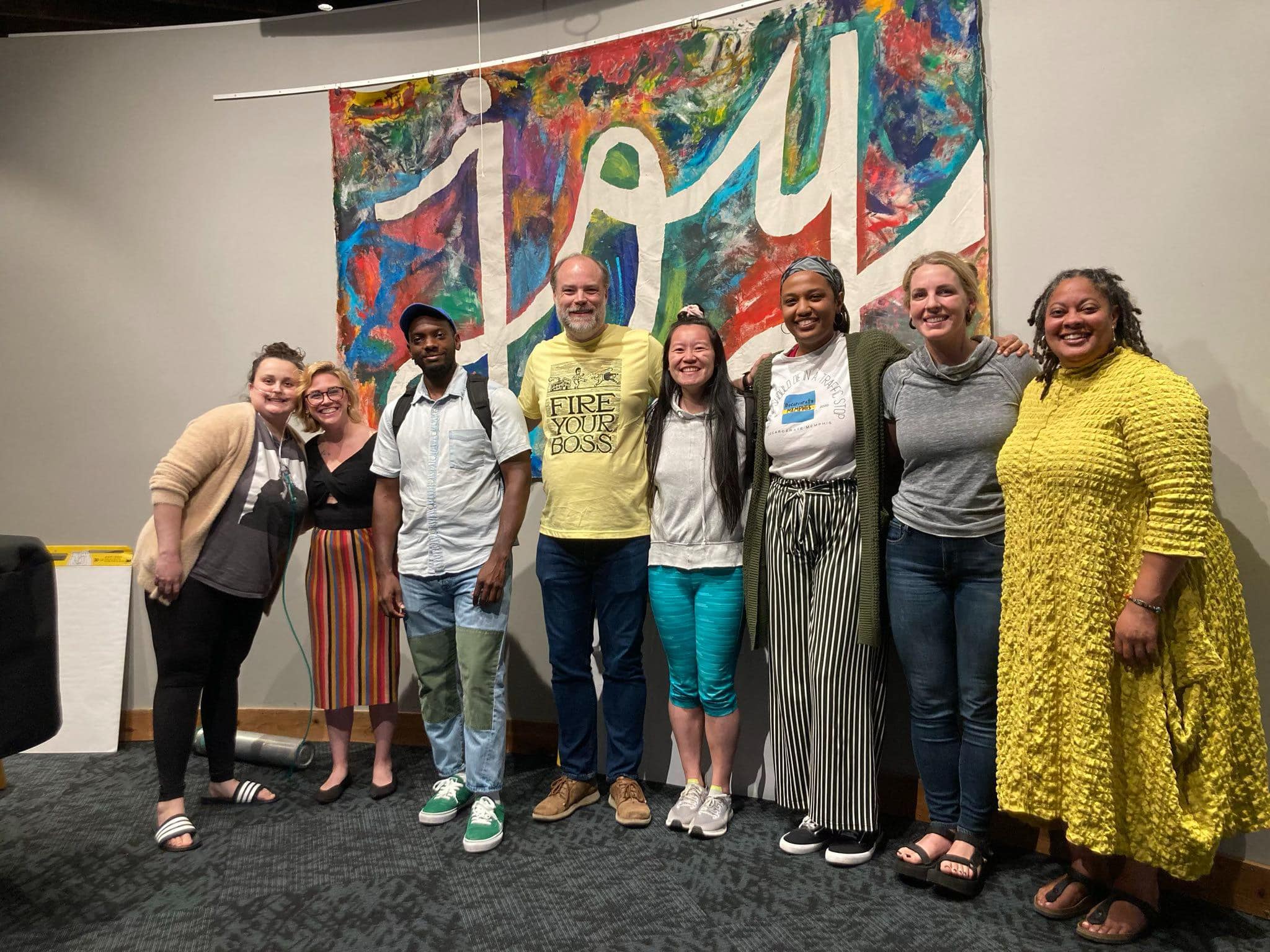
Have you ever had to pivot?
Absolutely! I’m currently pivoting my business to focus more on the policy side of advocacy. While I’ve enjoyed working on political campaigns, event planning, and community engagement for candidates and justice-centered nonprofits, policy is really my jam. And I want more grassroots and community-centered advocates to be equipped with the tools to advance policy.
This transition is still unfolding as I work to better reach the right audience and make my work more accessible. Advocates, activists, and organizers are busy! And of course they are–they’ve got a world to change. I’m grateful and excited to have worked with nearly 10 advocates in the last year through the Strategy Studio. I’m especially thankful for their feedback in every iteration of the program, which has helped me to make this course more impactful.
In the ongoing process of building the Strategy Studio and offering this support to the folks who need it most, I am re-learning the art of being open-minded, creative, and adaptable. My main goal is to provide meaningful support to my clients and advocates. I see this ongoing pivoting as an opportunity to continually refine my approach, ensuring it aligns with their needs and helps them achieve results for themselves and their communities.
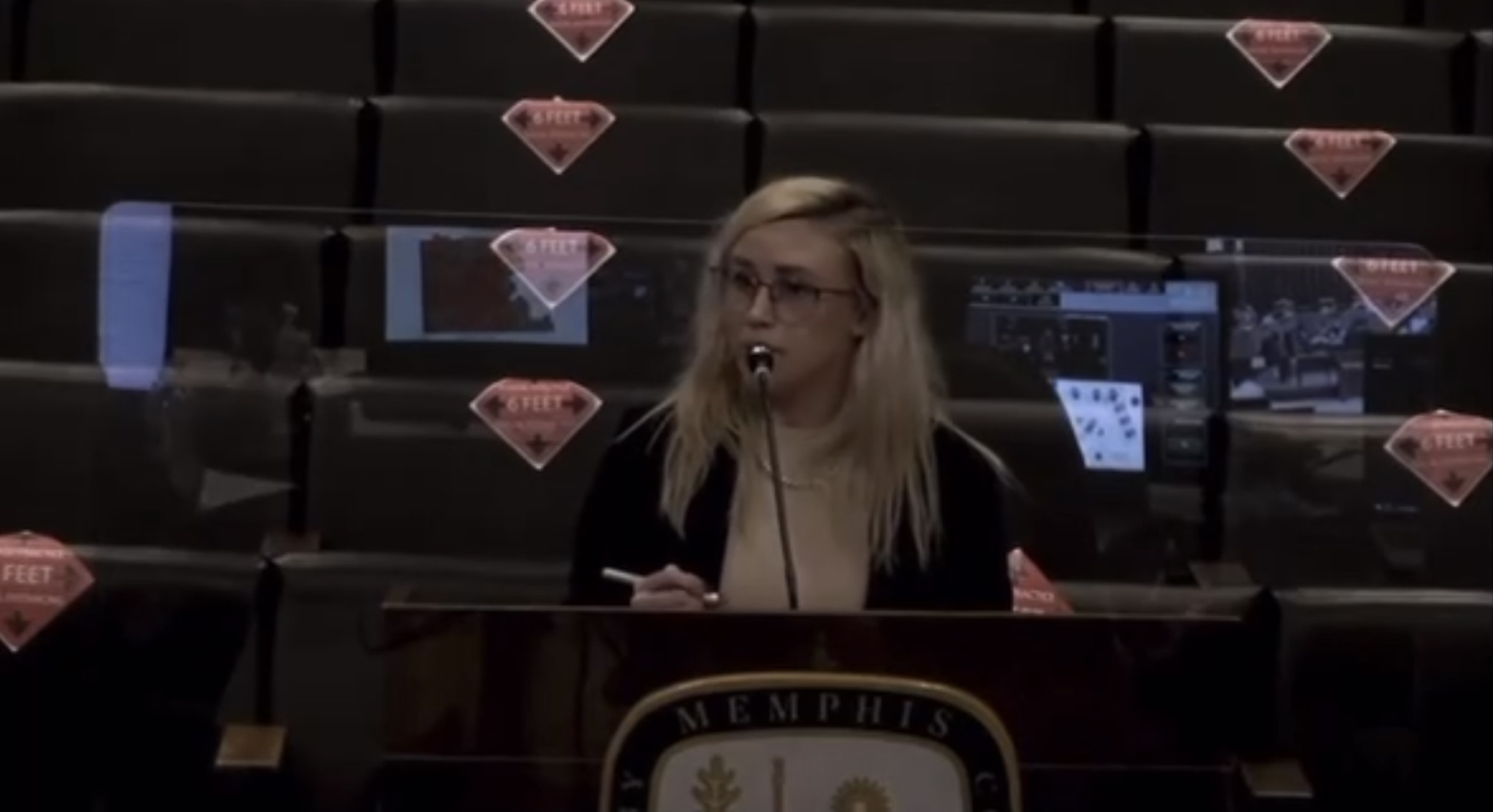
We often hear about learning lessons – but just as important is unlearning lessons. Have you ever had to unlearn a lesson?
One key lesson I’m actively unlearning is the belief that as a social-impact business owner, I don’t deserve financial security and freedom. There’s a prevalent mindset among those in systems change and social justice work that meaningful work require low wages or even unpaid labor. For much of my life, I accepted the idea that “I will never make a lot of money because I want to make an impact.”
Over the past year, I’ve challenged this perspective. If I believe that no one else should have to live on poverty wages, why should I impose that on myself? Why should I struggle to meet basic needs simply to align my work with my values? The truth is, I don’t have to—and neither does anyone else engaged in community-centered, impactful work.
The compensation I receive for my services is a form of reciprocity. It acknowledges that we cannot keep taking from individuals and communities without giving something in return. When we fail to recognize this, we perpetuate cycles of oppression and contribute to the wealth gap.
I’ve also had to find a healthy balance in my relationship with money. I don’t believe that money is inherently good or bad; it’s how we choose to use it that truly matters. The way we obtain wealth is equally important—at extreme income levels (billions), it can be assumed that this wealth is built off of exploitation.
To stay true to my values, I’ve realized it’s essential to define what “enough” means for me—and not just to survive, but to thrive. This ongoing reflection allows me to align my financial goals with my commitment to social justice, ensuring that my work remains both impactful and sustainable.
Contact Info:
- Website: https://www.comentumstrategies.com
- Instagram: @alexhensley
